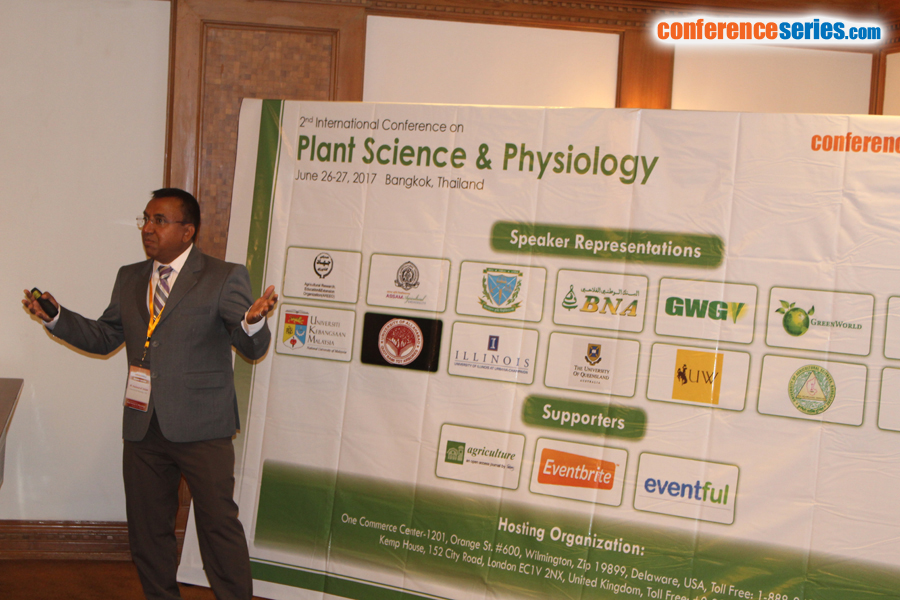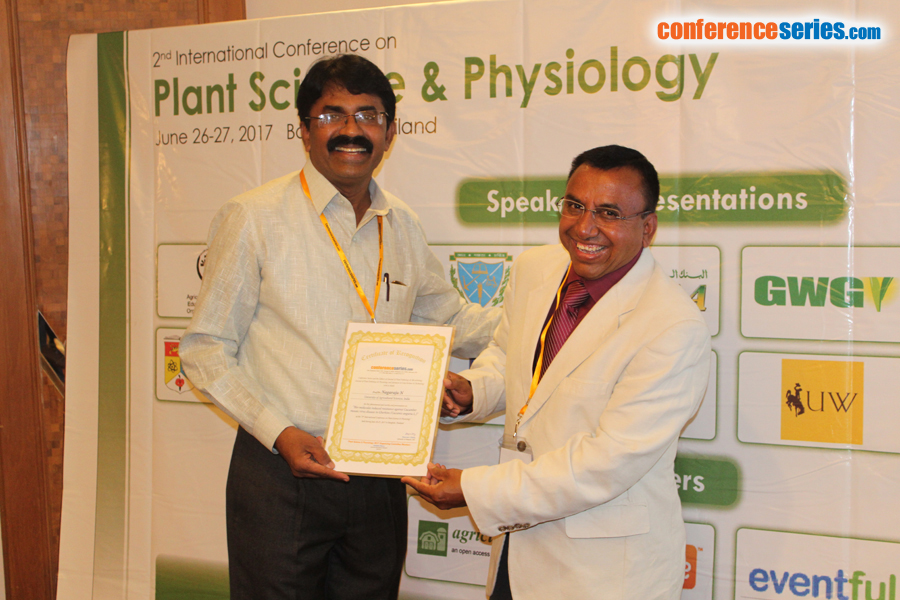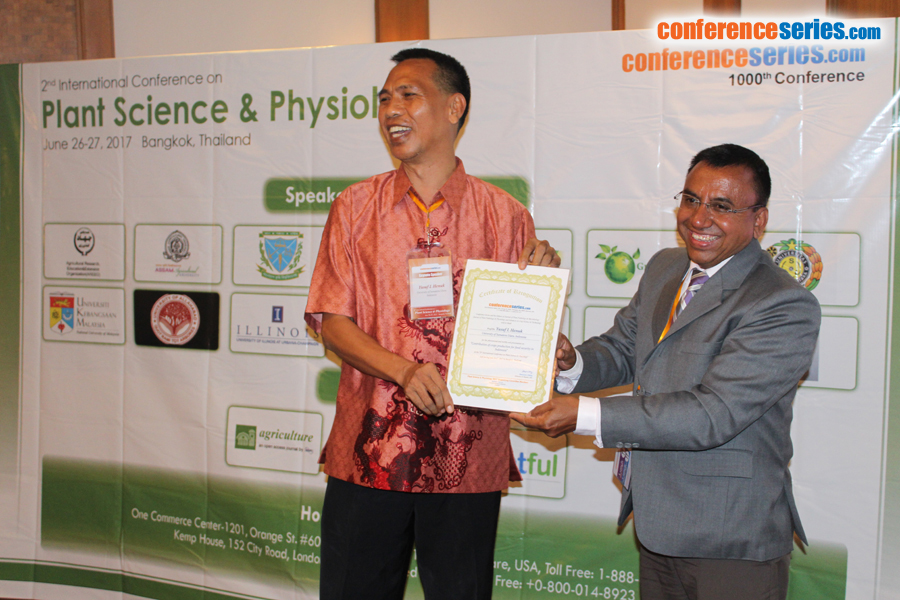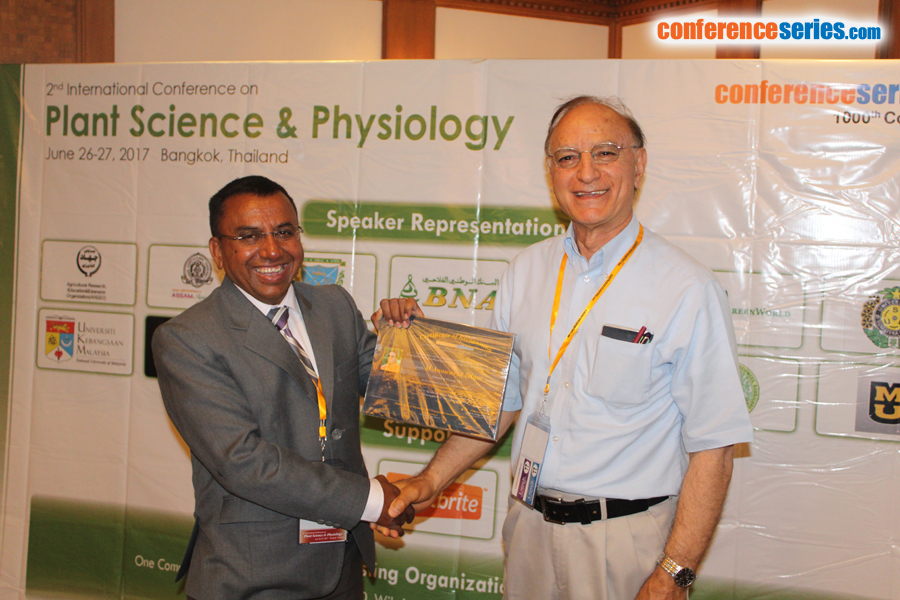
M Anowarul Islam
University of Wyoming, USA
Title: Legume adoption practices in the central great plains of USA for sustainable agricultural production in the face of climate change
Biography
Biography: M Anowarul Islam
Abstract
Intensification of world agricultural production and striving to maximize economic returns has brought important environmental and social consequences. Along with these consequences, climate change, volatile markets, and agroecosystem vulnerability to urbanization have become a challenge to producers and researchers in pursuit of developing highly adaptable, productive yet environmentally friendly production practices. Extensive areas of “dryland winter wheat production” in the Central Great Plains (CGP) of USA are facing challenging pressures. A number of studies suggest that climate change may bring increased variability in precipitation that may be manifest as changes in storm frequency and severity, as well as enhanced interseasonal and interannual variability. The implication of climate change on dryland winter wheat production in CGP is not clearly understood and no approaches have been identified that could be adopted in order to continue sustainable agricultural production. It is important to develop regionally effective guidelines towards combating projected consequences of climatic change in this region. Hence, modifying existing or introducing new production practices including legumes will be necessary to successfully adapt to climatic conditions of the region and will provide long-term economic and environmental benefits to the producers. Detailed discussion about the prose
and cone of adopting legumes in the dryland cropping systems will be made in the presentation.





